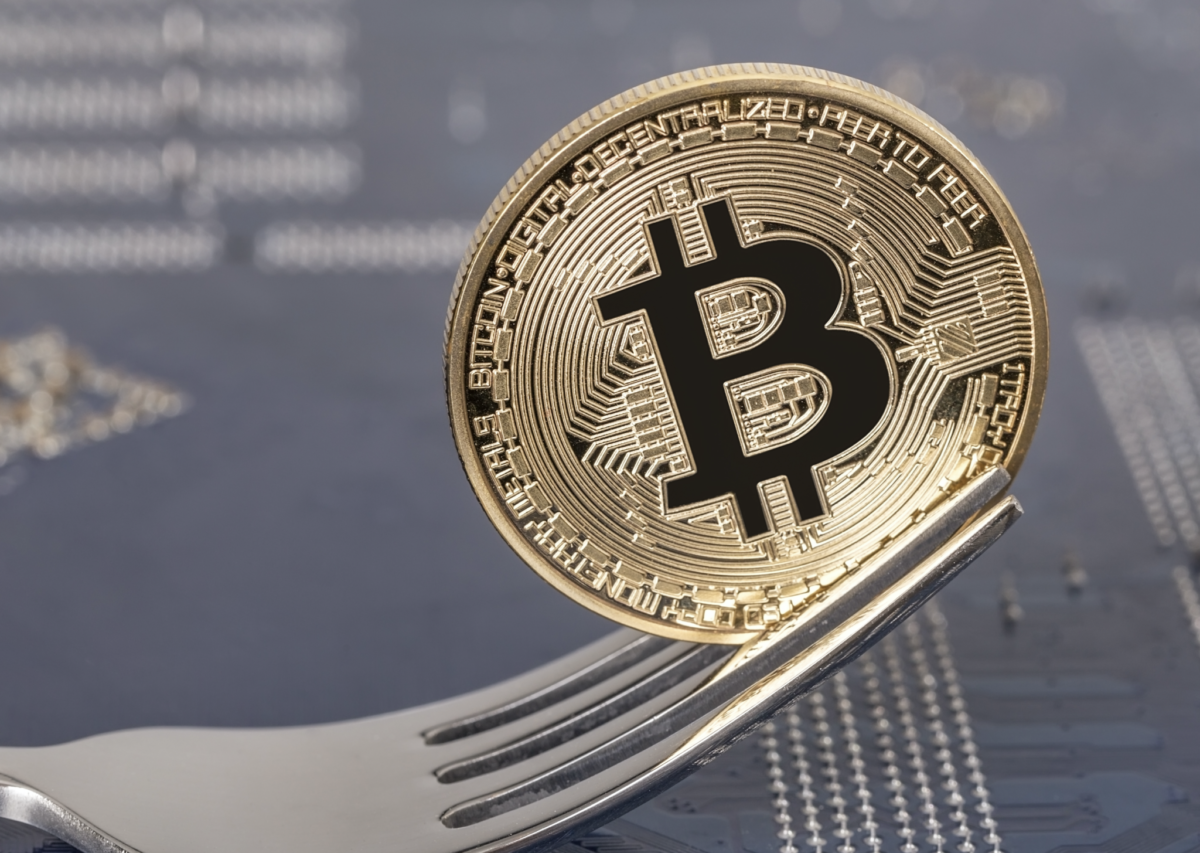
If you have been an ardent reader of cryptocurrency news lately, you would have come across the term HARD FORK. Indeed, a hard fork is one of those things that happens to cryptocurrency projects every now and then.
Therefore, the aim of this article is to explain everything you need to know about this occurrence.
Understanding hard fork in cryptocurrency
The easiest way to break it down, is that hard fork means splitting cryptocurrency into two independent chains. Getting a bit technical, the process creates two blockchain protocols. So, a hard fork happens when the developer of cryptocurrency project changes the code, which results in both existing and new versions.
You can make a quick comparison with a soft fork that does not result in an entirely new, independent version of the digital currency. In the case of a soft fork, all that the user need to do is to upgrade to the latest version. The complete opposite is true for a hard fork. For instance, while Segwit is a soft fork of Bitcoin, others (Bitcoin Cash, Segwit2x, and Bitcoin Gold) represent the hard forks of the currency.
Why fork cryptocurrencies?
Cryptocurrency teams fork them for a number of reasons such as:
- To eliminate an dangerous security risk in the existing version
- In order to reverse a transaction
- Adding new functionality.
Creating hard forks
For a hard fork to be effective on public blockchains, there must be consensus. This means that the majority of coin hodlers have to accept that a need exists for the initiation of the process. Therefore, forking a coin means updating its existing software.
Ideally, the nodes, including miners and mining pools, have to agree that this process must take place. While it is easy for any programmer to fork any public blockchain, what is difficult is getting users and exchanges to accept and use the new chain. No doubt, without these players, there is no blockchain.
What you should do when a hard fork is underway
To be on the safe side, keep your coin in your wallet whenever your preferred token issuer intends to hard fork it. More importantly, you should move it from the exchange wallet. Things may turn sour for you if your exchange doesn’t support the new plan. So, when your coin is in your wallet or the wallet of an exchange that allows it, you get a particular number of the new coins after the hard fork.
Yes, the coin hodlers will get free coins. What’s more? Some time before the process starts, put all your transactions on hold. Wondering why? Well, failure to do so could result in coin losses.
Want the latest crypto news? Join our Telegram Channel


